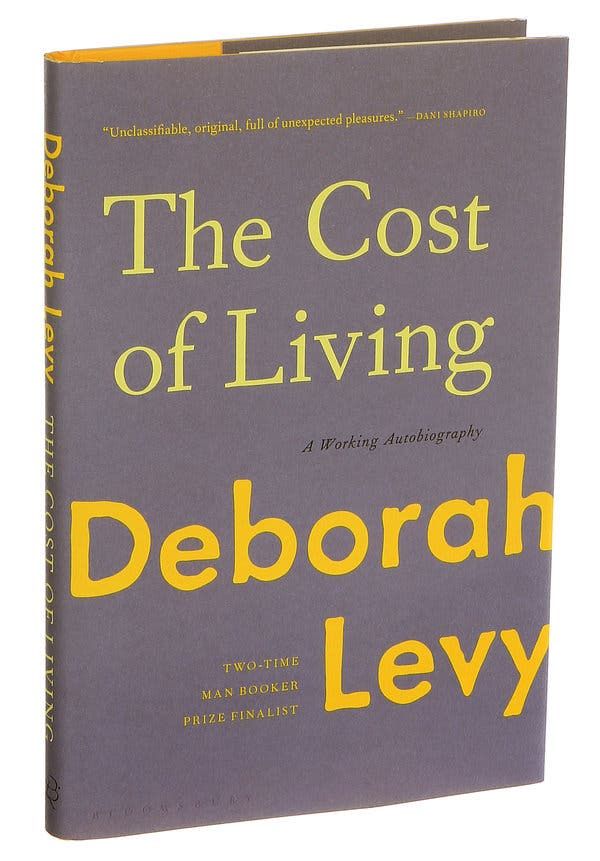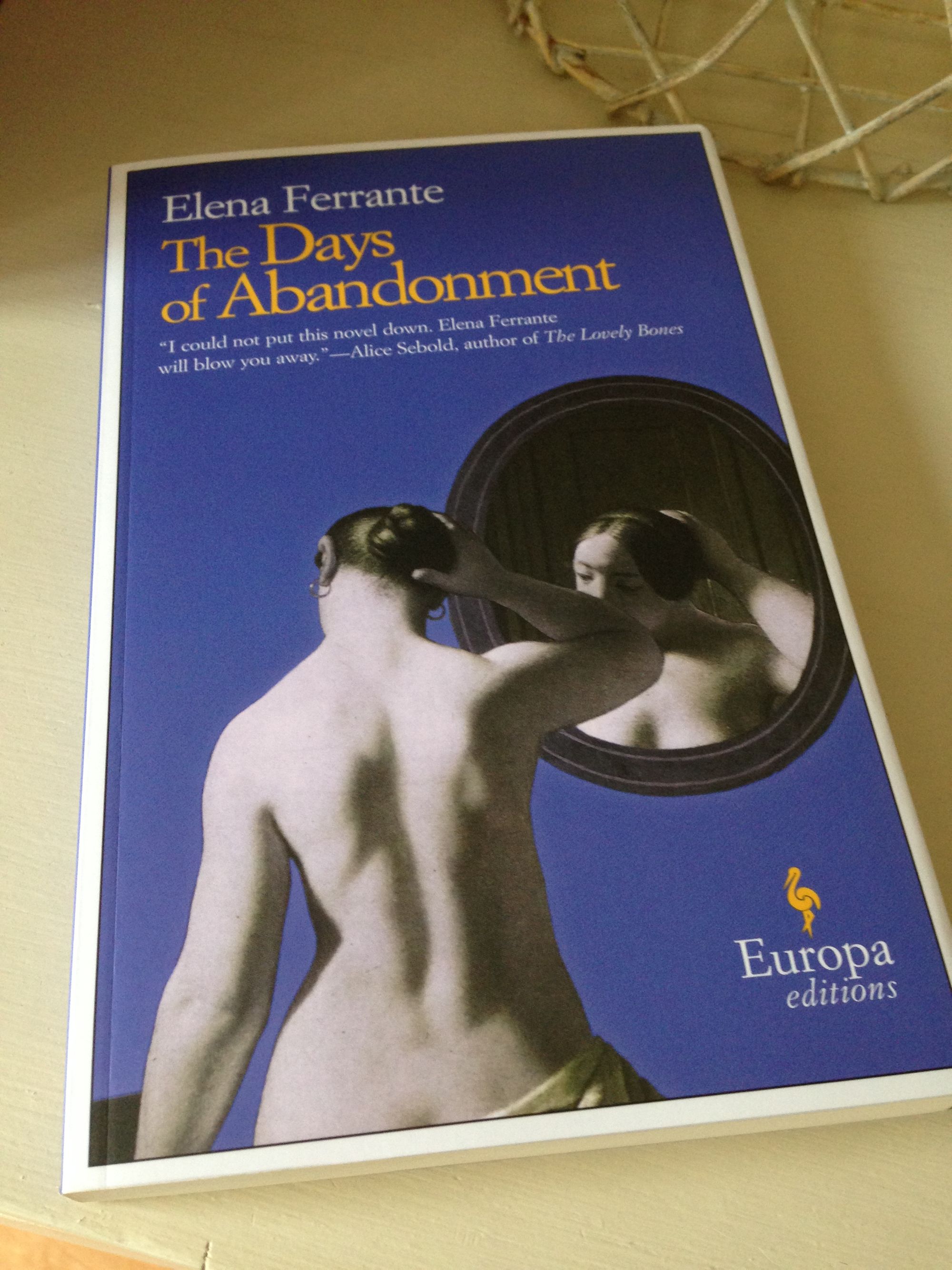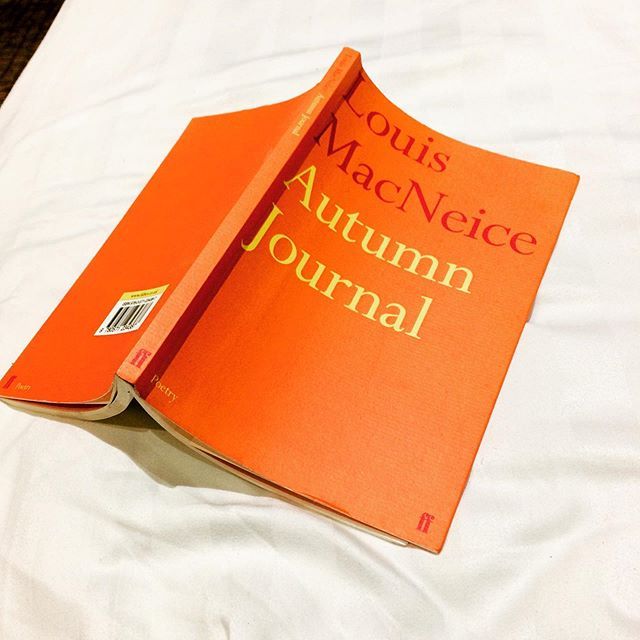BLACK HELEN OF TROY
If true the casting of a Black woman, Lupita Nyong’o, by the director Christopher
To the sea, with our undisclosed hurt
Those who’ve read the South African born Deborah Levy's memoir, Things I Don't Want to Know will remember it hailed as a blend of personal history, gender politics written in form that mimics George Orwell’s seminal essay, Why I Write. She’s back with a second installment, The Cost of Living: A Working Autobiography, which is a luminescent treatise on death, writing, love and the debilitating sense of loss when things fall apart. This time she concentrates more on the breakup of her marriage whose burden she laces with the solemn pain of her mother’s death. These two events happened almost concurrently as she turned fifty. So there's also that foreboding sense of lengthening shadows of her life in the book.
Levy lives in London, and is a fellow of the British Royal Society of Literature. Her work has been widely broadcast on the BBC. Two of her books, Hot Milk and Swimming Home have been shortlisted for the Man Booker Prize. She’s also the author of several short story collection.
She begins The Cost of Living by telling a story she eavesdropped on a bar in the Caribbean coast, about ‘a tattooed American guy’ talking to a young English young lady. After a prolonged banter from the guy the young lady hazards an interruption. She tells him, more to gauge his interest on her life, about a diving incident in Mexico coast, where she spent twenty minutes under the water only to emerge into a storming sea:
The sea had become a whirlpool and she had been anxious about making it back to the boat. Although her story was about surfacing from a dive to discover the weather had changed, it was also about some sort of undisclosed hurt. She gave him a few clues about that (there was someone on the boat who she thought should have come to save her) and then she glanced at him to check if he knew that she was talking about the storm in a disguised way. He was not that interested and managed to move his knees in a way that jolted the table so that her book fell to the floor. He said, ‘You talk a lot don’t you?”
Levy succinctly writes this into a salient metaphor for the whole book with the boat also becomes a symbol for her marriage. She tells of how she took her chances with the raging sea than return to the safety of the boat. The boat scene becomes a minuscule portrayal of patriarchal society where women are treated as minor characters who must know their place, and mustn’t talk too much, or demand the objects of their own desires.

The real reason(s) behind Levy's divorce is(are) wisely never disclosed. At that stage—when she’s become part of the flotsam wreckage—they’re almost irrelevant. Suffice to say they're encompassed within the ‘undisclosed hurt,’ of the wise young lady. Telling of them would distract and derail the narrative by compelling the reader to try and figure out who was in the wrong, which at the end of the marriage is irrelevant since both parties are usually culpable anyway. Besides, they can easily be guessed, because Levy, now and then, drops the clues like seeds to make the reader aware that they go beyond mere struggles to balance womanhood, motherhood and a writing career into the fundamental natural longings for one's native freedom. And are sometimes hinted in this manner: ‘…how their failure to communicate their love only deepened their solitude and how they felt crushed by each other’s contempt.’ Mark the resigned distancing ‘their’ in the sentence, for it communicates the attempt at distancing self from the wreckage.
To the sea then!
At the sea, fractured and wounded, feeling denuded, Levy reinvents herself. The little nine year old girl that came from South Africa to England with her family remerges anew to meet her future self, now a mother of two girls and wife who, with her husband has ‘...walked side by side, together but apart, for many years.’ She visits, with the birds she regards as the spirit of her recently deceased mother, places of her youth in her mind. She swims—there’s always swimming in Levy’s mother and daughter stories. From the memoir we now know it is because her mother taught her how to swim, to float—pun intended. Again and again she dusts the experiences of her life with fairy dust to empty them of their weight, and lend them the buoyancy of butterflies, which, essentially, is what we do when we turn our experiences into art.
The telling of the story is exquisite and controlled, but lacking the vital reckless abandon into feminine venting rage we are accustomed to in situations like these I so loved in Elena Ferrante’s The Days of Abandonment (later on we understand why she chose to avoid the clichê of the Medusa):
One April afternoon, right after lunch, my husband announced that he wanted to leave me. He did it while we were clearing the table; the children were quarreling as usual in the next room, the dog was dreaming, growling beside the radiator. He told me that he was confused, that he was having terrible moments of weariness, of dissatisfaction, perhaps of cowardice. He talked for a long time about our fifteen years of marriage, about the children, and admitted that he had nothing to reproach us with, neither them nor me. He was composed, as always, apart from an extravagant gesture of his right hand when he explained to me, with a childish frown, that soft voices, a sort of whispering, were urging him elsewhere. Then he assumed the blame for everything that was happening and closed the front door carefully behind him, leaving me turned to stone beside the sink.
This passage alone makes you understand what Ferrante means when she says: ‘In literary fiction you have to be sincere to the point where it’s unbearable, where you suffer the emptiness of the pages.’ Levy shares this kind of poised narrative and economy of expression with Ferrante, but she holds back each time she reaches the threshold of the breaking point—the emptiness of the pages—perhaps to protect her loved ones. To avoid this, Ferrante chose to tell her story anonymously as fiction, hence she could afford to suffer the emptiness of the page. On an email interview she gave Ferrante wrote: ‘I wrote my book to free myself from it, not to be its prisoner. So what I write is full of references to situations and events that are real and verifiable but reorganized and reinvented as if they had never happened...The most difficult achievement is the capacity to see oneself, to name oneself, to imagine oneself. If in daily life we use ideologies, common sense, religion, even literature itself to disguise our experiences and make them presentable, in fiction it’s possible to sweep away all the veils—in fact, perhaps, it’s a duty. Today, writing, for me, is above all a battle to avoid lying...’ Ferrante suffers no ‘undisclosed hurt’. She pries open the oyster of a flaming heart by the artistic scapula, her language is visceral pouring her bile flamming as lava.

Meanwhile, the narrative voice of Levy’s book is subtle and detached, with few revealing moments of deep injury now and then. It has a taut tension from unspoken rage. Her usual traits of writing style are there: subversive study of not just love but the human condition; the seductive attention to language as an art form that moves in pathos grace and elegance; the unparalleled psychological insight into the crevices of the human heart; the economy of narrative—clean as a bone in a Baldwinan demand—and all.
I was very happy to come up to a quote about the Ndebele mosaic art in the book, because the colourful mosaic of Ndebele art succinctly paints her book form also that has distinct pattens of dialogue and celebration of classical western literature:
A heroine of mine was the eighty-one-year-old South African artist Esther Mahlangu, who taught herself to become an artist at the age of ten by watching her mother and grandmother paint with chicken feathers. She herself was a work of art – the beading on her clothes, the bangles on her hands, neck and feet. I wanted to speak to her, but I did not know what I wanted to say.
Esther, I don’t know how to live in yellow. I don’t know how to live in my life.

This humbling haplessness in this appeal to Esther is devastating, as if an African girl yearning in fatigue from the bottom of a dry well to mother Africa, the original mother of all human life. Love, and its loss, humbles us because its loss attacks the eye of our human poisoning, our prides.
Levy focuses a lot of her attention on the past, so naturally, at some stage, she quotes Proust—he’s the gift that keeps giving for those in search of lost time: ‘Ideas come to us as the successors to griefs, and griefs, at the moment when they change into ideas, lose some part of their power to injure the heart.’ Levy explores, with the help of Simone de Beauvoir’s The Second Sex, ‘the pervasiveness and intensity and mysteriousness of the history of women’s oppression’. The patterns on this section of the book work very well, a telling sign that they’ve been organically internalized.
She concludes with the exposition of the Medusa myth, which owes its resurgence in our era to Mary Beard’s Women and Power book. Beard says many of women who challenged patriarchal power through history share a capacity to turn the symbols that usually disempower them (cutting Medusa snake head) to their own advantage. From this we understand why Levy chooses not to scream and wail against these 'worthless jewels':
When a woman has to find a new way of living and breaks from the societal story that has erased her name, she is expected to be viciously self-hating, crazed with suffering, tearful with remorse. These are the jewels reserved for her in the patriarchy’s crown, always there for the taking. There are plenty of tears, but it is better to walk through the black and bluish darkness than reach for those worthless jewels.
To the sea then!
Levy describes her project perfectly well in the beginning when she gives these words to the young lady at the Caribbean coast: ‘To speak our life as we feel it is a freedom we mostly choose not to take, but it seemed to me that the words she wanted to say were lively inside her, mysterious to herself as much as anyone else.’
The memoirs of Levy are vivid accounts of how the most innocent details of a writer’s personal story can gain power in fiction. They’re modern, quintessential feminist, dissecting what it means to be a woman in the twenty first century: to fall in love and out of love, with that eternal question still hanging like the sword of Damocles over our heads. This feeling is immortalised by the Irish poet, Louis MacNiece, in the english language:
This book is about what it means to emerge from the turmoil of divorce towards the gravitas of your life, of opening your eyes to the hidden talents of those who remain, the ones you once took for granted when you were infatuated with your life. About opening your eyes to the wider world around you when the fire has incinerated your life into ash. About rising like a phoenix from those ashes. About the wisdom of resignation, of accepting the nature of things. About even the surprising growing fondness for the things that wounded you. About accepting things you cannot change in sealing them with a kiss in your permanent departure. About caressing the itch of the scars. About discovering the kindness of strangers, the meanness of egos, the selfishness of those who love us only for our material usefulness. About our culpabilities when the centre doesn’t hold. About blindness when veiled by love. About our neglect and stupidity towards those who truly love us. About the wounds we must carry to the sea for cleasing before they fester. About how to raise your head, like the crested parrot in Levy’s balcony, shake yourself up from the core of your being especially when that core has been proven to be made of clay. And about how sometimes, in the language of Hamlet, we even grow tired of words, words, words, as we take to the sea.

It is fitting to live the closing words to the resigned wisdom of Levy after meeting her former husband to discuss plans for their second Christmas apart:
There was no way we could console each other for the undisclosed hurt that had contributed to sinking the boat, or for our lack of desire to swim back to it. Yet it was true that the societal mask of husband and wife, which we had worn for so long, had slipped, and we could see each other again. Perhaps what we saw was too human to bear. We stood up, put on our coats and kissed each other goodbye.
That, for all purposes, good and bad, is the cost of living, the fear and trembling towards and away it in any case.